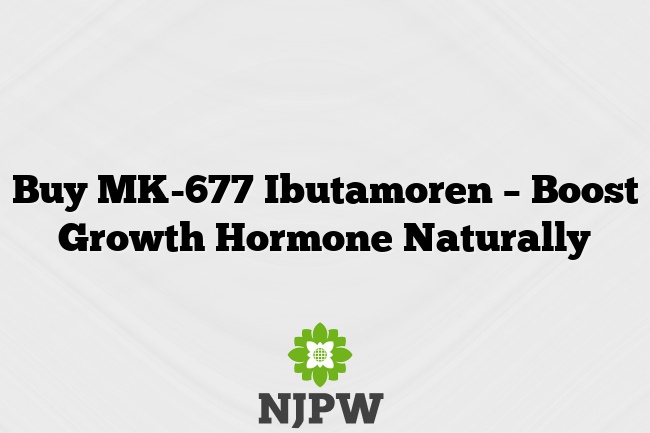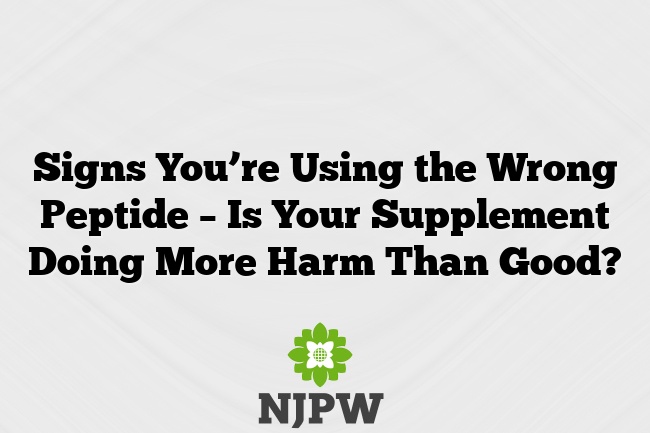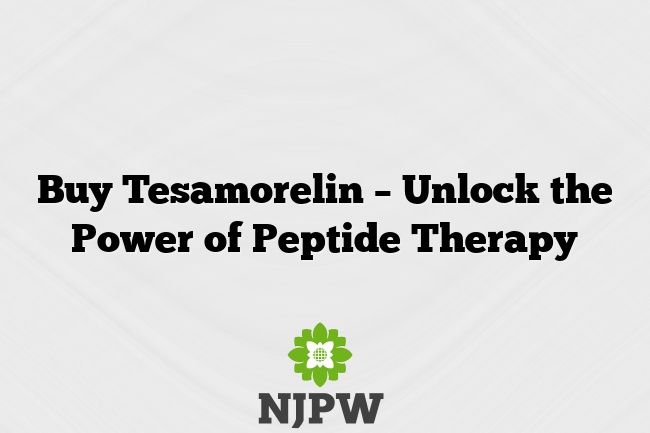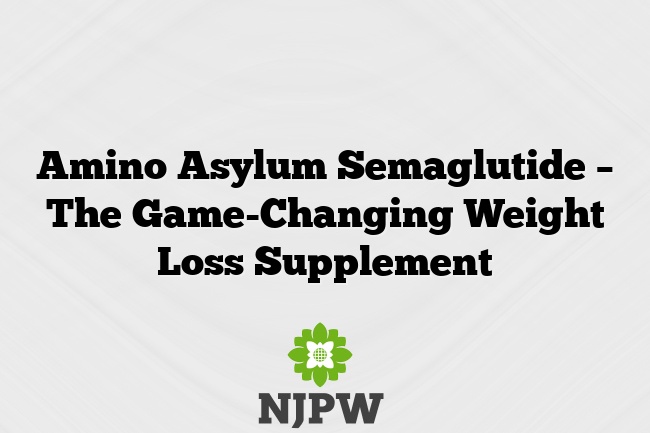Are Discounted Peptides Trustworthy? – What You Need to Know

Peptides have become increasingly popular in the health and wellness industry, offering a range of potential benefits for those seeking to optimize their physical and cognitive performance. However, the rise in demand has also led to a proliferation of discounted peptide products, leaving many consumers wondering about their trustworthiness and safety.
In this comprehensive guide, we will explore the world of discounted peptides, delving into the crucial factors that determine their reliability and quality. By understanding the complexities involved, you’ll be equipped to make informed decisions and ensure you’re investing in peptides that meet the highest standards of purity and potency.
What are Discounted Peptides?
Discounted peptides refer to synthetic compounds that are offered at reduced prices compared to their standard market value. These peptides are often marketed as cost-effective alternatives to their more expensive counterparts, promising similar or even enhanced benefits. However, the discounted nature of these products raises questions about their quality, purity, and overall trustworthiness.
Peptides are short chains of amino acids that play vital roles in various physiological processes, from regulating hormone levels to supporting muscle growth and recovery. While high-quality peptides can be beneficial, the potential risks associated with discounted or low-quality peptides cannot be overlooked.
| Key Feature | Importance |
|---|---|
| Purity | Ensuring the peptide compound is free from contaminants and impurities is crucial for safety and efficacy. |
| Potency | The active ingredient concentration must be accurately represented to deliver the intended benefits. |
| Sourcing | Reputable suppliers with a proven track record of quality control are essential for reliable peptide products. |
Identifying Trustworthy Peptide Suppliers
When it comes to purchasing discounted peptides, the key to ensuring trustworthiness lies in the supplier. Reputable peptide suppliers adhere to strict quality control measures, employ rigorous testing protocols, and provide transparent information about the sourcing and manufacturing of their products.
Look for suppliers that:
– Offer detailed certificates of analysis (COAs) for their peptide products
– Utilize cGMP (current Good Manufacturing Practices) certified facilities
– Provide clear and comprehensive information about their testing procedures
– Have a strong track record of customer satisfaction and positive reviews
– Are transparent about the origin and purity of their raw materials
By thoroughly vetting potential suppliers, you can significantly reduce the risks associated with discounted peptides and increase the likelihood of obtaining high-quality, trustworthy products.
Potential Risks of Cheap or Discounted Peptides
While the allure of discounted peptides may be tempting, it’s crucial to understand the potential risks associated with these products. Cheap or low-quality peptides may contain:
Contaminants – Impurities, heavy metals, or other adulterants that can pose serious health risks.
Inaccurate Labeling – Misrepresentation of the active ingredient concentration or purity levels.
Suboptimal Potency – Reduced effectiveness due to degradation or improper manufacturing processes.
Consuming such compromised peptides can lead to a range of adverse effects, from mild side effects to more severe health complications. It’s essential to prioritize quality over cost when it comes to peptide supplements, as the potential risks far outweigh any short-term savings.
The Importance of Quality Control in Peptide Manufacturing
Ensuring the quality and purity of peptide products is a complex and critical process that requires meticulous attention to detail throughout the entire manufacturing chain. Reputable peptide suppliers invest heavily in quality control measures to guarantee the integrity of their products.
Key aspects of quality control in peptide manufacturing include:
– Stringent raw material testing and verification
– Validation of manufacturing processes and equipment
– Rigorous in-process testing and monitoring
– Final product testing for purity, potency, and contaminants
– Comprehensive documentation and record-keeping
By prioritizing quality control, suppliers can mitigate the risks associated with discounted peptides and provide customers with the assurance that they are receiving a safe, reliable, and effective product.
Evaluating Purity and Potency of the Compound
When it comes to discounted peptides, evaluating the purity and potency of the compound is paramount. Reputable suppliers should provide comprehensive Certificates of Analysis (COAs) that detail the results of rigorous testing procedures, including:
Purity Analysis – Ensuring the peptide compound is free from contaminants, heavy metals, and other impurities that could compromise its safety and efficacy.
Potency Verification – Confirming the active ingredient concentration matches the label claims, guaranteeing the intended therapeutic benefits.
Stability Testing – Evaluating the compound’s shelf life and resistance to degradation under various storage conditions.
By closely examining the COAs and seeking third-party verification, consumers can make informed decisions and have confidence in the quality of the discounted peptides they purchase.
Benefits of Investing in High-Quality Peptides
While discounted peptides may seem like an attractive option, investing in high-quality peptide products can offer numerous benefits that outweigh the initial cost savings. These benefits include:
Improved Safety – High-quality peptides undergo rigorous testing and manufacturing processes, minimizing the risk of contaminants or adulterants.
Enhanced Efficacy – Accurate dosing and potent formulations ensure the intended therapeutic effects are achieved.
Reliable Results – Consistent quality and purity lead to more predictable and reproducible outcomes.
Long-Term Value – The higher initial cost is often offset by the superior results and reduced risk of adverse reactions or ineffective treatment.
By prioritizing quality over cost, consumers can enjoy the full benefits of peptide supplementation while minimizing the potential risks associated with discounted or low-quality products.
Conducting Proper Research Before Purchasing
Before purchasing any discounted peptide products, it’s essential to conduct thorough research to ensure you’re making an informed decision. This includes:
Reviewing Third-Party Certifications – Look for seals of approval from reputable organizations that validate the quality and safety of the peptide products.
Checking Customer Reviews – Seek out feedback from other consumers who have used the discounted peptides, paying attention to both positive and negative experiences.
Consulting with Healthcare Professionals – Speak with your healthcare provider or a qualified expert in the field of peptide supplementation to get personalized guidance and recommendations.
By taking the time to thoroughly research and evaluate your options, you can make an informed decision and minimize the risks associated with discounted peptide products.
Consulting with Experts for Peptide Recommendations
When it comes to navigating the complex world of peptide supplements, seeking the guidance of experts can be invaluable. Healthcare professionals, such as physicians, pharmacists, or registered dietitians, can provide personalized recommendations based on your specific health goals and needs.
These experts can help you:
– Understand the potential benefits and risks of different peptide compounds
– Identify the appropriate dosage and administration protocol
– Evaluate the quality and trustworthiness of various peptide suppliers
– Monitor your progress and make adjustments to your peptide regimen as needed
By consulting with qualified professionals, you can ensure that your use of discounted peptides is safe, effective, and aligned with your overall health and wellness objectives.
Proper Storage and Handling of Peptide Supplements
Proper storage and handling of peptide supplements are crucial for maintaining their integrity and potency. Discounted peptides, in particular, may be more susceptible to degradation if not stored and handled correctly.
Key considerations for peptide storage and handling include:
– Keeping the peptides in a cool, dry place, away from direct sunlight and heat
– Avoiding exposure to moisture, which can accelerate the breakdown of the compound
– Using airtight containers or vacuum-sealed packaging to minimize air exposure
– Adhering to the recommended storage temperature range specified by the manufacturer
– Handling the peptides with clean, dry hands or utensils to prevent contamination
By following these guidelines, you can help ensure that your discounted peptide supplements maintain their quality and effectiveness, even with prolonged storage.
Achieving the Best Results with Discounted Peptides
While discounted peptides can be a cost-effective option, achieving the best results requires a strategic approach. By combining the use of high-quality, discounted peptides with a comprehensive health and wellness regimen, you can maximize the potential benefits:
Key strategies include:
– Consulting with healthcare professionals to develop a personalized peptide supplementation plan
– Prioritizing purity and potency over cost when selecting discounted peptide products
– Incorporating complementary lifestyle factors, such as proper nutrition, exercise, and stress management
– Closely monitoring your progress and making adjustments to your peptide regimen as needed
By taking a holistic approach and prioritizing quality over price, you can unlock the full potential of discounted peptides and achieve your desired health and performance goals.
Conclusion
Navigating the world of discounted peptides requires a discerning eye and a commitment to quality. By understanding the potential risks and taking the necessary steps to identify trustworthy suppliers, you can confidently incorporate these powerful compounds into your health and wellness routine.
Remember, investing in high-quality peptides, even at a higher initial cost, can pay dividends in the long run through improved safety, efficacy, and reliable results. With the right knowledge and guidance, you can harness the benefits of discounted peptides while minimizing the associated risks.
Frequently Asked Questions
What makes a peptide supplier trustworthy?
Trustworthy peptide suppliers are those that prioritize quality control, adhere to cGMP standards, provide detailed Certificates of Analysis, and have a proven track record of delivering safe and effective products. Look for suppliers that are transparent about their sourcing, testing, and manufacturing processes.
How can I evaluate the purity and potency of discounted peptides?
Carefully review the Certificates of Analysis provided by the supplier, which should detail the results of rigorous testing for purity, potency, and contaminants. Seek third-party verification to ensure the accuracy of the information. Avoid any products that do not have comprehensive COAs or cannot provide evidence of quality control.
What are the potential risks of using cheap or discounted peptides?
Cheap or discounted peptides may contain contaminants, heavy metals, or other adulterants that can pose serious health risks. They may also have inaccurate labeling, leading to suboptimal potency and reduced effectiveness. Consuming such compromised peptides can result in adverse effects, ranging from mild side effects to more severe health complications.






